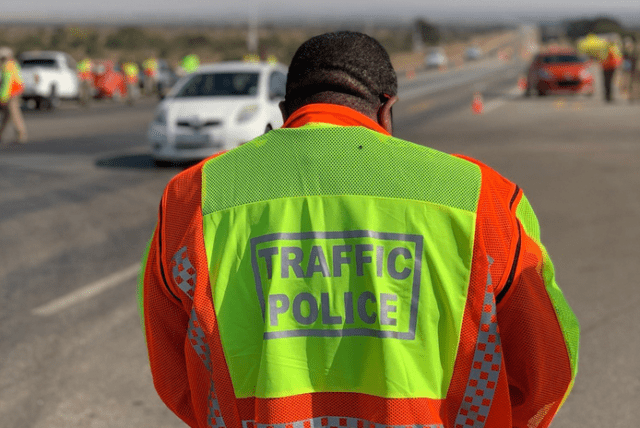
The Organisation Undoing Tax Abuse (Outa) has filed a high court application calling for the Aarto Act and the Aarto Amendment Act to be declared unconstitutional.
The Aarto Amendment Act was signed into law by the President and published in the Government Gazette in August 2019, but a date for it to come into effect must still be gazetted. The act will introduce a new demerit system which is aimed at improving driving safety across the country.
In January, Minister of Transport Fikile Mbalula said the amendment would come into effect in June, but this was later delayed due to the effects of Covid-19
Outa said that measures to improve road safety and reduce fatalities are urgently needed, however, it said that the Aarto Amendment Act will not achieve this.
“Aarto was rolled out in Gauteng 10 years ago and failed spectacularly. Statistics do not support the claim that it will lead to a reduction in fatalities on roads.”
Advocate Stefanie Fick, Outa’s director of the Accountability Division, said the case is being brought due to a perceived conflict with the constitution.
The application calls for the court to declare both the main act and the amendment unconstitutional. This is because this legislation unlawfully intrudes upon the exclusive executive and legislative competence of the local and provincial governments envisaged in the Constitution, she said.
“These constitutional inconsistencies of the Aarto Act and the Amendment Act lie at the very core of both Acts and are not capable of severance without negating the fundamental purpose of the two Acts,” Fick said.
If the court finds that the law is not inconsistent with the Constitution, then Outa said it will further oppose Section 17 of the Amendment Act. This removes the requirement that service of notices and related documents must be done personally or by registered mail, instead allowing the uses of email, SMS or voice message.
“Given the serious consequences that may follow an infringement, such service is manifestly inadequate,” said Fick.
Delay
In June, the Department of Transport delayed the national rollout date for the Aarto Act due to the coronavirus.
“The impact of the Covid-19 outbreak has severely compromised the capacity of the Road Traffic Infringement Agency (RTIA), which is the entity responsible for the rollout of Aarto, as well as other prerequisites determining the rollout date and has resulted in a severe loss of revenue to support the preparatory activities,” the department said.
“For this reason, RTIA is in no position at this stage, to successfully conduct the national rollout of Aarto. The situation will be reviewed in due course for further determination as to when the rollout date will be promulgated.”
The government hopes to improve driving on the country’s roads through the introduction of the new Administrative Adjudication of Road Traffic Offences (Aarto) Act.
The Act will do this through the introduction of a new demerit system for South African drivers, which is expected to fundamentally change driving in the country.
Depending on the severity of the offence, points are allocated for offences. If an infringer passes a points threshold, it will result in the disqualification of the driving licence and three suspensions result in its cancellation.
The system has not been without criticism, with organisations such as Outa, the AA and JPSA pointing out several faults and hidden charges with it.
These include a R100 penalty fee attached to each infringement, and having to pay admin fees to contest fines. There are also concerns that the act, in its current wording, could be fined for not paying e-tolls.
Read: Government wants to introduce a demerit system for taxis: minister


